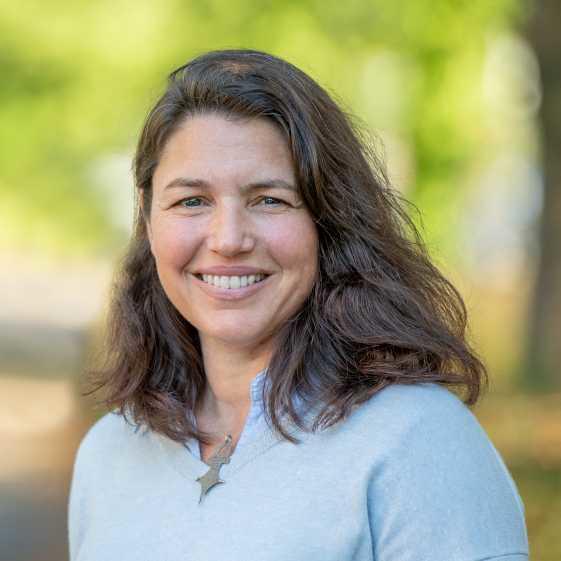Date:
Location:
 Iliana Baums
Iliana Baums
Professor, Marine Conservation
Institute for Chemistry and Biology of Marine Environments (ICBM)
Carl-von-Ossietzky University, Oldenburg, Germany
How do corals adapt to rising temperatures?
Abstract: Coarls build the three-dimensional structure of one of the most diverse ecosystems of the planet. Yet, their ecological role is threatened by climate change because small changes in ocean temperature cause coral holobiont dysbiosis. Despite sharp population declines, large standing genetic and phenotypic variation remains in even the most threatened reef builders. We now know that standing genetic diversity fuels coral adaptation. Therefore, a prominent goal of coral conservation is to protect genetic diversity. It is nevertheless tempting to breed only those coral hosts that are, for example, temperature stress resistant to hasten the process of adaptation. Selective breeding and conservation of standing genetic diversity are thus management strategies with conflicting goals. Further complicating the matter are recent insights that coral adaptation may proceed using unusual pathways. Over any organism’s lifetime, somatic genetic mutations accumulate. To limit damage from potentially deleterious somatic mutations, unitary animals generally do not pass them on to their offspring by segregating the germline from the soma early in development. It is commonly assumed that somatic mutations acquired during an animal’s lifetime are evolutionarily irrelevant because they cannot cross this barrier between the soma and germline (known as Weismann’s barrier), and thus cannot contribute to genetic variation of the next generation. Yet, somatic mutations can cross the Weismann barrier in some corals providing a path for adaptation. Advances in understanding coral adaptation underscore the need for broadly available, standardized methods to find stress resistant corals, to conserve genetic diversity, and to use these resources for restoration.
Host: Professor Gonzalo Giribet
Live stream: https://bit.ly/3KZv9li
